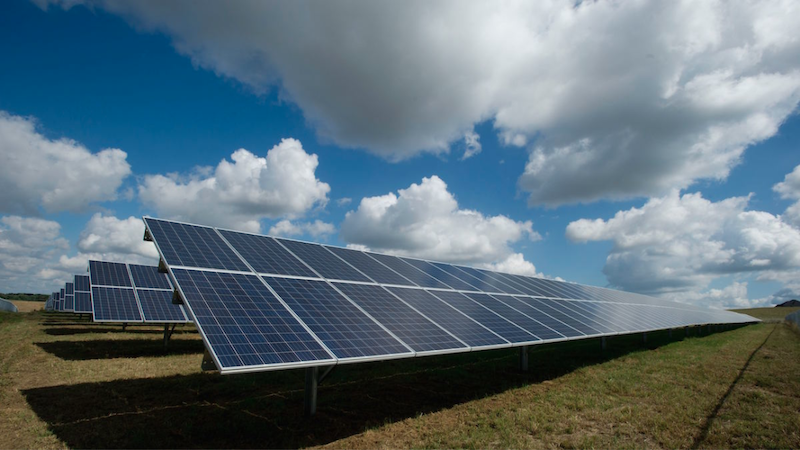The majority of new energy projects in Texas have involved renewable sources, and the Electric Reliability Council of Texas (ERCOT) approved mostly solar and wind projects in July, S&P Global reported.
ERCOT approved 276 megawatts of generation for commercial operation, most of which was solar, and another 435 megawatts of wind projects neared commercial operation, according to the report. ERCOT’s Generation Interconnection Status Report showed that of 121.4 gigawatts of generation projects that were in various stages of development, 18.7 gigawatts had the required stability and interconnection studies and agreement completed.
Of the 18.7 gigawatts, 8.5 gigawatts are solar, 7.7 gigawatts are wind, 1.5 gigawatts are natural gas, and 517 megawatts are from battery storage, S&P Global reported. ERCOT is the program administrator for the renewable energy credit (REC), and its website indicates it will increase new renewable energy capacity to 10,000 megawatts by 2025 to allow state customers access to energy generated by renewable sources.
To earn RECs, a generator must be a new facility or a small producer that meets certain requirements, ERCOT states on its website.
"A facility is eligible to earn RECs if it relies exclusively on an energy source that is naturally regenerated such as solar, wind, geothermal, hydroelectric, wave/tidal, biomass or biomass-based waste products." the site states. "The energy source can not be derived from fossil fuels, waste products from fossil fuels or waste products from inorganic sources."
But the renewable energy subsidies are causing non-competitiveness in the Texas energy market, one expert says.
"Renewable energy subsidies mean that generators have little regard for the price they receive for their electricity," said Bill Peacock, the policy director for the Energy Alliance. "They are willing to drive prices down, to the point of negative prices, in order to gain market share to ensure their eligibility for the PTC (production tax credit)."
"In many ways, this behavior matches one of the classic 'anticompetitive' behaviors in antitrust theory known as predatory pricing," Peacock continued. "And it certainly is working to drive competitors out of the market, particularly when it comes to new investment. Over the last few years, the vast majority of investment in new generation in Texas has gone into renewables."
Public Utility Commission (PUC) of Texas representatives DeAnn Walker, Arthur D'Andrea and Shelly Botkin were all unavailable for comment, said PUC Director of External Affairs Andrew Barlow.

